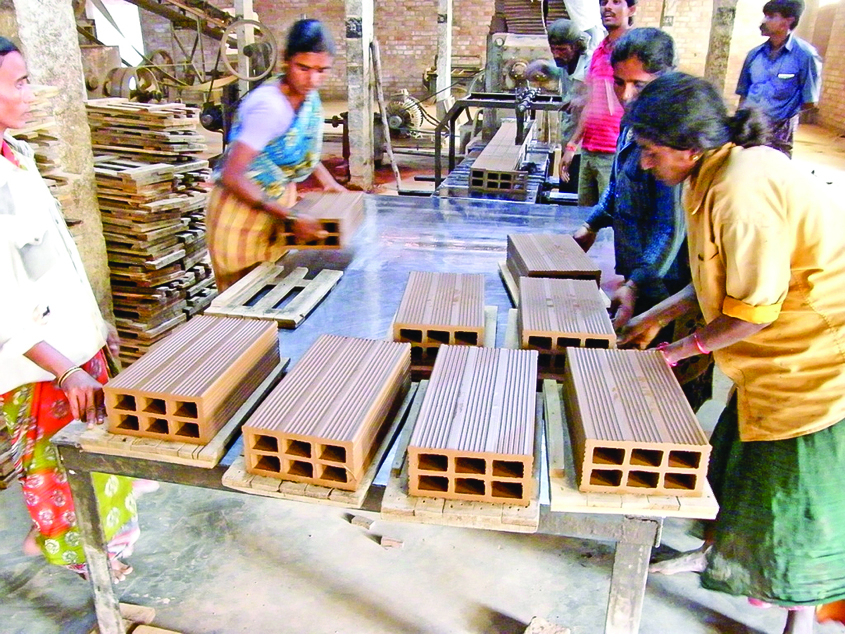Taxation experts explain that presently a person earning less than Rs 2.5 lakh per year is exempt from paying income tax and they believe that this limit might be raised to Rs 3.5 lakh. Or, there could be reduction in tax rates on the existing (three) income slabs. Under the existing rules, income above Rs 2.5 lakh to Rs 5 lakh is taxed at 10%, income above Rs 5 lakh to Rs 10 lakh is taxed at 20% and income above Rs 10 lakh is taxed at 30%. All such tax reliefs are, of course, dependent on the fiscal legroom available with the government. Collections happening under the income declaration schemes (black money) in the ongoing demonetisation drive is expected to keep fiscal deficit pressure under control “thus providing the required headroom to cut taxes”, hopes Girish Vanvari, Partner and Head of Tax at KPMG India. Lower oil import bill (if crude stays at $60/barrel) would also help in containing fiscal pressure.
Taxation experts explain that presently a person earning less than Rs 2.5 lakh per year is exempt from paying income tax and they believe that this limit might be raised to Rs 3.5 lakh. Or, there could be reduction in tax rates on the existing (three) income slabs.
While the economy as a whole is looking at some positive news from the Budget, there are a few sectors which require some special attention like the real estate and construction. These sectors have seen downturn in the recent past and need some immediate support and “therefore, any positive announcements in the forthcoming budget to boost demand in these sectors will be a welcome move”, says Vasal. Individual tax payers are expecting the government to increase the interest on housing loan deduction which is presently capped at Rs 2.5 lakh per year. If the government enhances this limit, it would give a big boost to the housing sector which, in turn, would boost demand for cement, steel, logistics etc. and provide large scale employment to unskilled and semi-skilled labour.
Lower taxes on businesses, especially on small and medium enterprises, would be a big fillip as SMEs remain the largest creator of employment. India’s manufacturing sector is currently operating at about 65% of its capacity due to lower demand in the economy and lower taxes would be an effective tool to address that. Lower taxes on businesses would also ensure success of the government’s “Make in India” programme.

